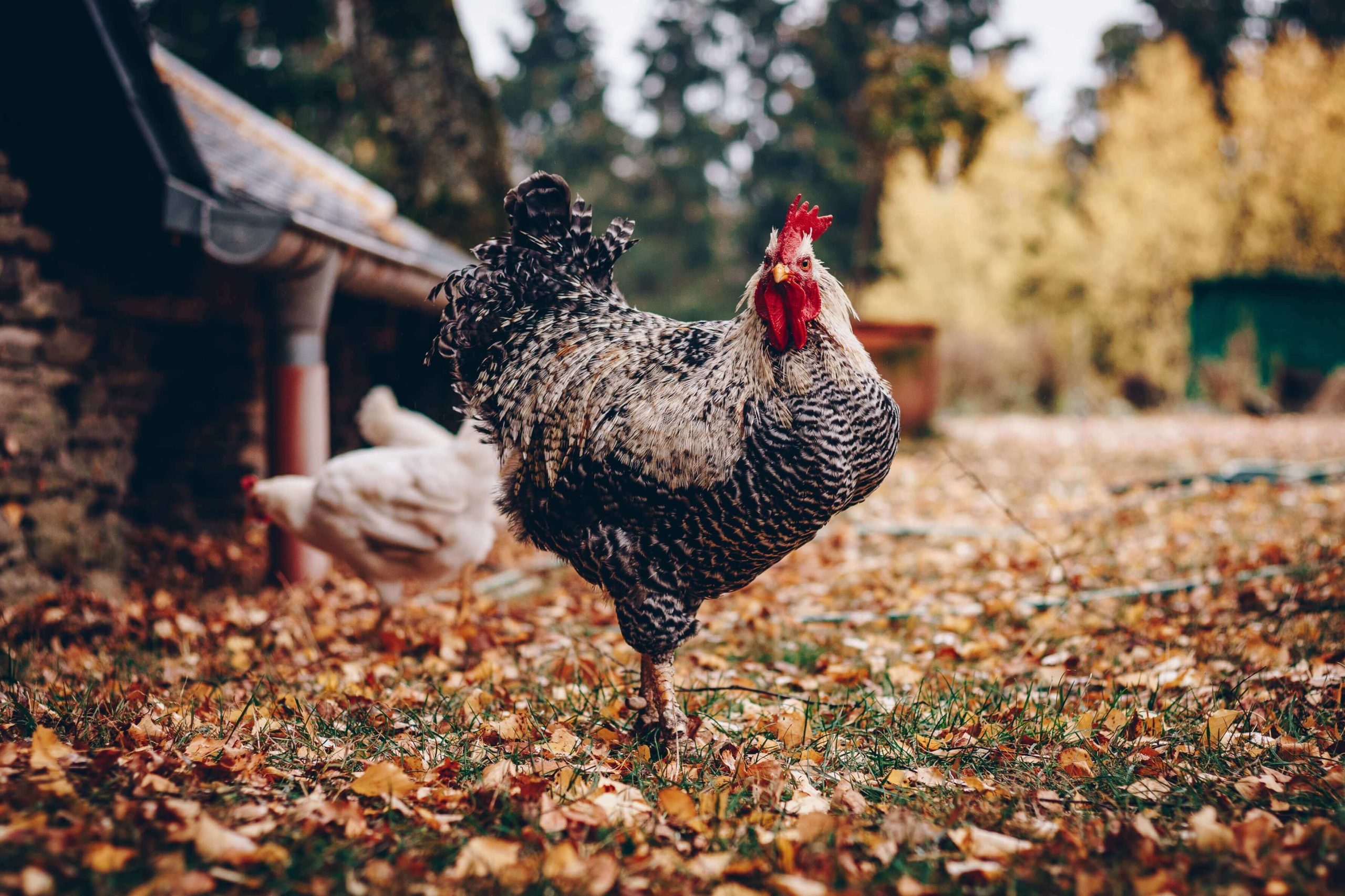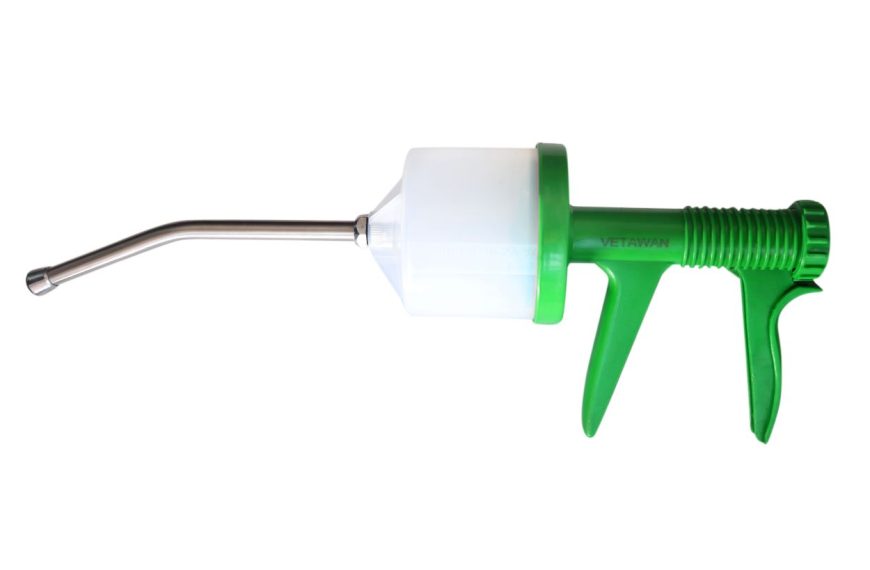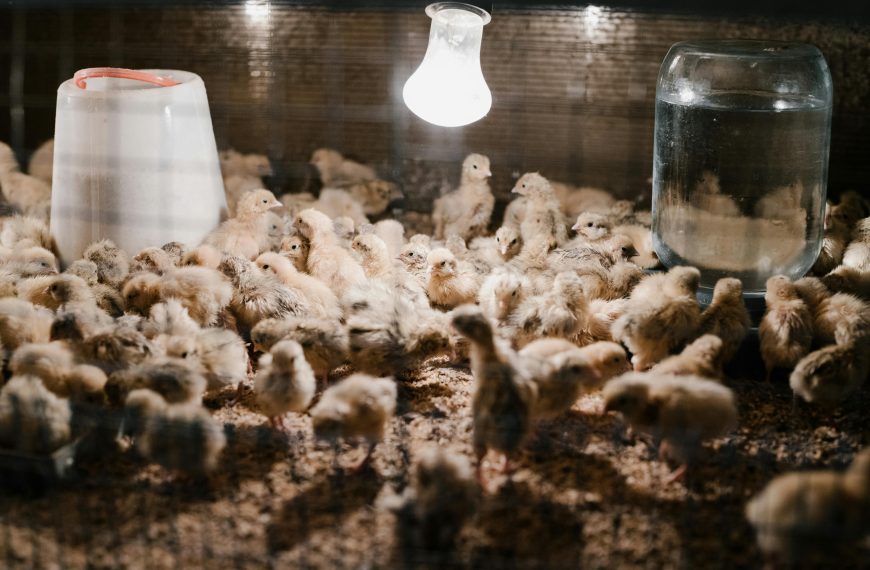Get infested with worms is common in backyard as well as commercial egg type chicken. It is not common to deworm the meat type chicken like broilers due to their short life span and lower probability to be infested in confined environment.
Mostly, the laying hens needs to be dewormed to avoid production drop at commercial farm as well as in the backyard.
Causing agent
The most common kind of internal parasites is round worms (Ascaridia galli). It is evident from different studies that free range birds can heavily be infested as compared to farm birds. Therefore, they need to be dewormed on regular basis in order to avoid production losses as well as to improve the bird’s health.
Transmission
Major transmission is through the ingestion of intermediate host like earth worms, which are very common in rainy season in free range areas. Poor building conditions also contribute the propagation of eggs of the nematodes (endo-parasites). These eggs are more resistant to disinfections as well as the low temperature in comparison to high temperature.
After ingestion of eggs the life cycle of nematodes is around 20-30 days in the gastrointestinal tract of the birds. The infected birds start infecting healthy birds by spreading the eggs through faeces.
Diagnosis
The late confirmation is through the observation of faeces for adult nematodes and the drop-in production of the laying hens. However, early confirmation is performed through the simple laboratory test of detecting the eggs of the parasite in the faeces under microscope.
Treatment and prevention
Improvement in the building conditions and bedding will help to reduce the parasite load in birds. In the pasture and free range, change the pasture temporarily and applying the insecticides on grass and building will interrupt the life cycle of parasites by destroying intermediate host (earth worms and insects).
The some of the important and radially available medicines for the treatment and prevention are summarized in Table 1.
| Preparation | Effective against | Dose | Remarks |
| Treatment | |||
| Fenbendazole | Ascaridia spp.Heterakis spp. | Via drinking water @ 1mg/kg body weight for 5 days | Do not use during molting season |
| Albendazole | Ascaridia spp.Heterakis sppCapilaria Spp. | Single oral dose of 5mg/kg body weight | |
| Levamisole | Ascaridia spp.Heterakis sppCapilaria Spp | Via drinking water @ 20-30mg/kg body weight | |
| Preventive | |||
| Levamisole | Ascaridia spp.Heterakis sppCapilaria Spp | Via drinking water: 2g/gallon of water 1 day/Month | Act as prevention |
Recommendation/Warning:
Please consult your local veterinarian before choosing any medicine to treat your flock. Self-medication can be disaster due to insufficient understanding about pharmacological and therapeutic effects of medicines, which can be lethal for animals.
For further advice and information, please feel free to contact us.







